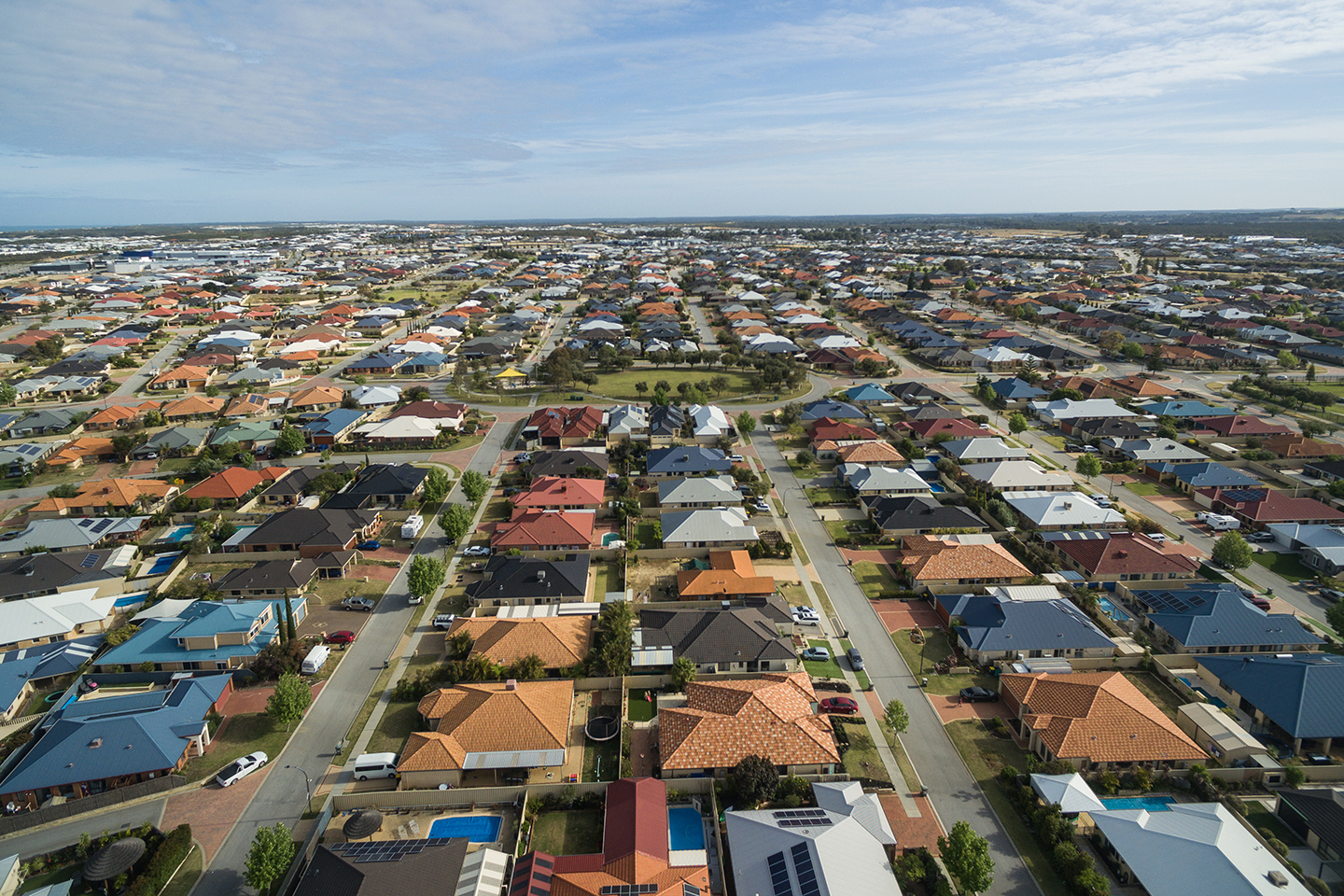Federal Labor will introduce its changes to negative gearing and capital gains tax by January 1 next year if the party wins the May election.


The federal Australian Labor Party will introduce its changes to negative gearing and capital gains tax by January 1 next year if the party wins the May election.
The negative gearing reforms won't apply to newly-built homes and existing investment properties, while the capital gains tax discount will be halved for investments entered into after January 1.
Shadow treasurer Chris Bowen says the property tax changes will raise $2.9 billion over the forward estimates.
"If you already use negative gearing, nothing changes. It’s not retrospective. And you can still use it for new houses," he said in a statement on Friday.
"Federal Labor’s plan is good for the budget, good for housing construction jobs and fair for first home buyers."
Labor also announced it would cut the managed investment trust withholding rate in half, from 30 per cent to 15 per cent, to encourage new housing.
The Property Council of Australia said it remains strongly opposed to the tax overhaul.
"And deeply concerned with its potential impacts on housing markets and the broader economy at this uncertain time in the cycle," the group said in a statement.
"In particular, we are concerned with the impact of these tax changes on new housing construction."
A recent survey commissioned by the Property Council found the policy won't stimulate new housing construction as hoped.
New figures show that since 2014 the cohort of people with five properties has grown at almost six times the rate of those with one.
The group of those with four properties has grown at a rate four times that of those with one.
Master Builders Australia said it supported Labor’s Build-to-Rent tax concessions to encourage institutional investment in housing and boost residential building activity.
“However, Labor’s announcement that its increase of capital gains tax and restrictions on negative gearing will start from January 1, 2020, does nothing to allay concerns about the impact on building activity and the housing supply,” the organisation's CEO Denita Wawn said.
MBA modelling showed Labor’s policy would reduce the number of new homes by up to 42,000.
Assistant Treasury Minister Zed Seselja said now was the worst possible time for Labor's policy.
"Bill Shorten must stop ignoring the warning signs, admit he got this one wrong and ditch his big new housing taxes," Senator Seselja said.












